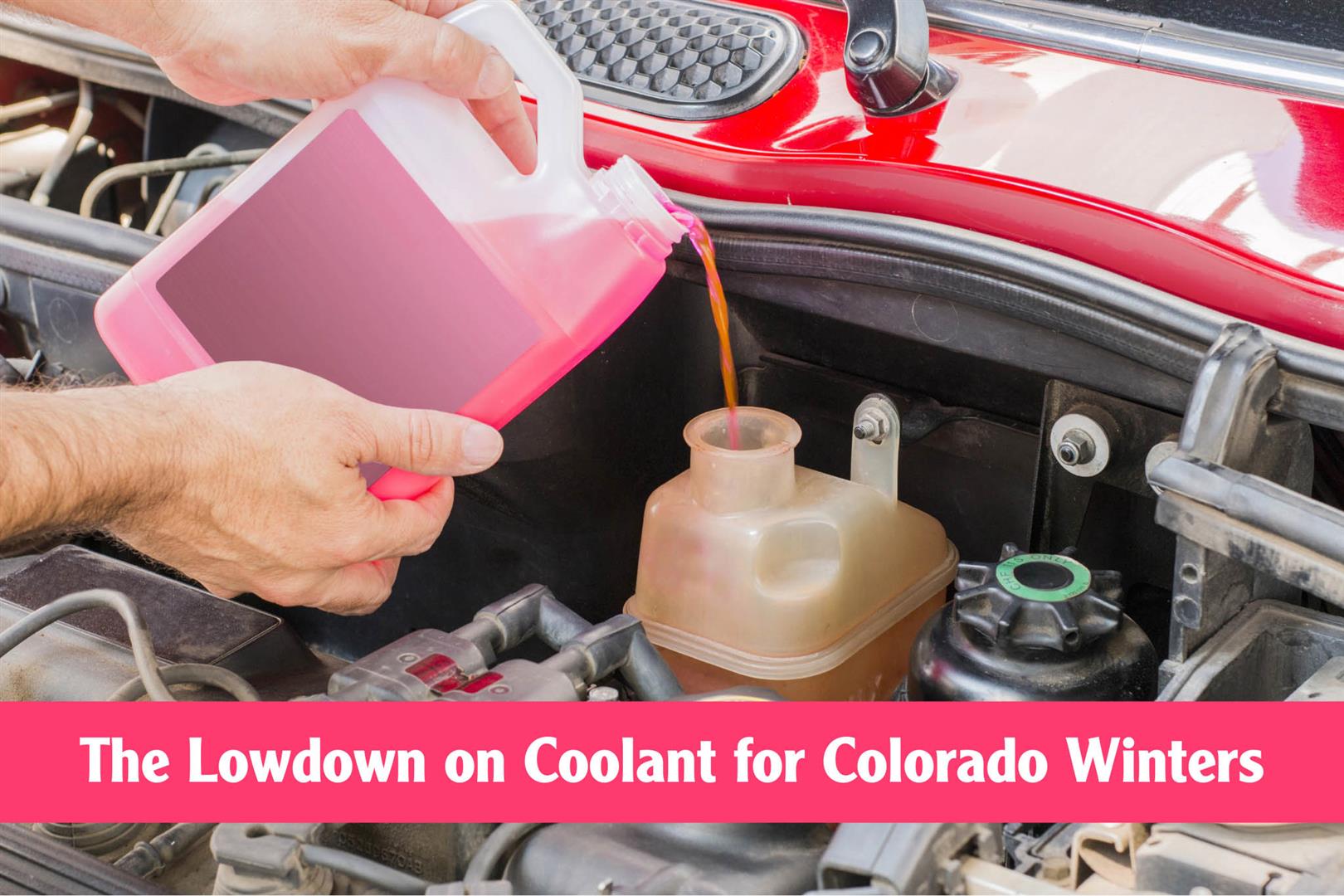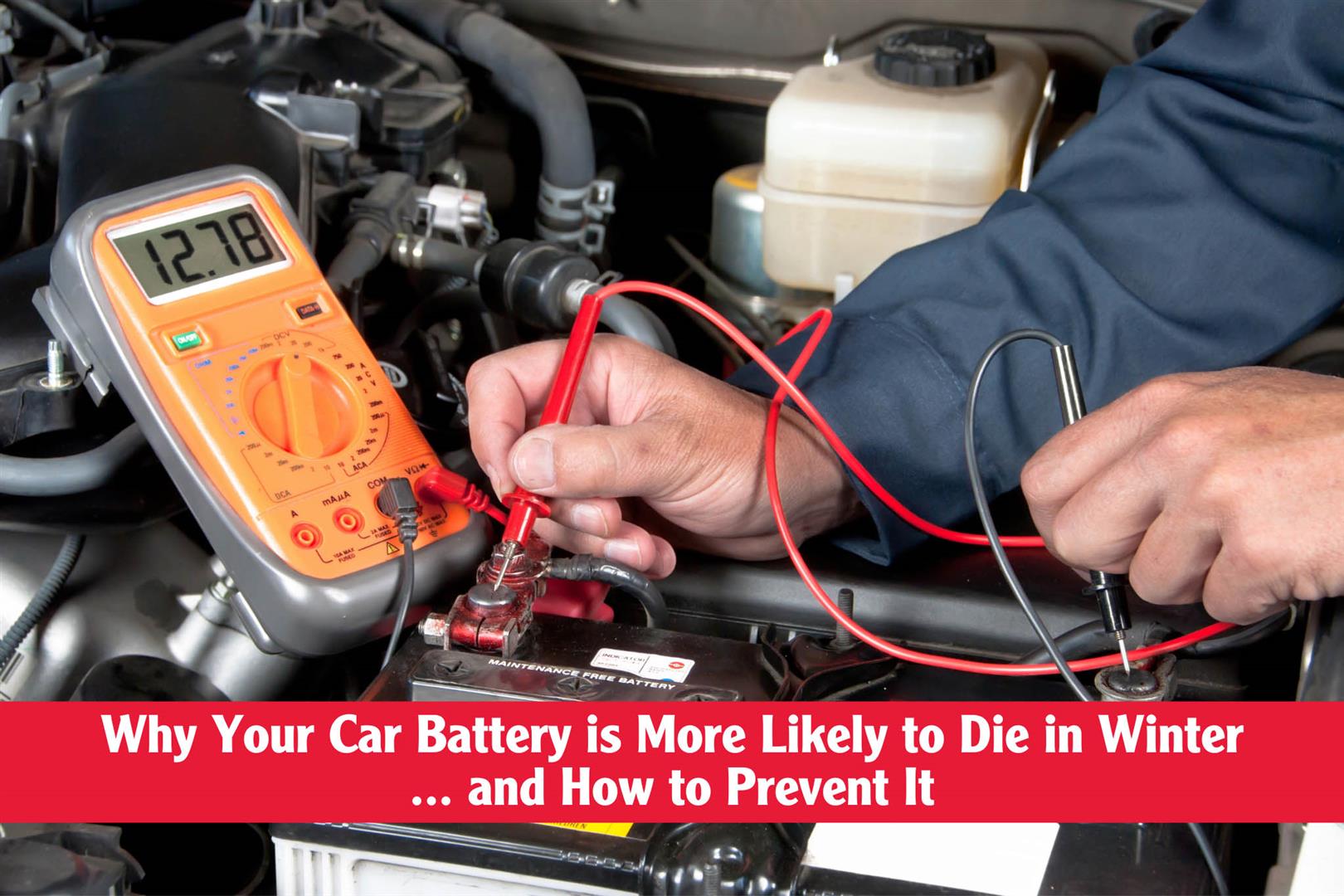Posted on 11/11/2024

As temperatures start to dip here in Boulder, it’s time to make sure your vehicle’s coolant is up to the challenge of Colorado’s winter months. You might think of coolant (or antifreeze) as just a way to keep your car from overheating in the summer, but it’s just as critical for keeping your engine safe in the winter. Here’s a quick guide on why coolant matters and how to keep your engine running smoothly through the cold season. What Does Coolant Do, Anyway? Coolant is a mix of water and antifreeze, circulating through your engine to maintain the right temperature. In the summer, coolant prevents your engine from overheating. In the winter, it prevents the water in your engine from freezing. Without proper coolant levels and the right antifreeze mix, your engine could freeze, crack, or overheat—all of which can cause major (and costly) issues. Why is Coolant Extra Important in Winter?1. Prevents Freezin ... read more
Posted on 11/6/2024

If you’re hearing a clunking noise when you turn your car, it’s a sign that something could be wrong with your vehicle’s steering or suspension system. Ignoring this issue can lead to bigger problems, so it’s best to address it as soon as possible. Here are some common reasons why your car might be making that clunking noise: 1. Worn Out CV Joints or Axles Your car’s constant velocity (CV) joints are responsible for transferring power to your wheels when you turn. If these joints are worn out, especially in front-wheel-drive vehicles, you’ll hear a clunking or clicking noise when you make turns. 2. Loose or Damaged Suspension Components Ball joints, control arms, or tie rods are critical parts of your suspension system that help keep your car stable. When these parts are loose or worn, they can create a clunking sound, particularly during turns or when going over bumps. 3. Bad Struts or Sh ... read more
Posted on 11/4/2024

When winter hits Boulder, many drivers find themselves dealing with a frustrating problem: a dead car battery. Cold weather is hard on car batteries, which is why they often fail just when you need them most. Understanding why this happens, and what you can do to prevent it, could save you from getting stranded on a freezing morning. Here’s what you need to know to keep your car running smoothly all winter long. Why Do Car Batteries Die in Winter?1. Cold Temperatures Slow Down Chemical Reactions Car batteries rely on chemical reactions to produce power. When temperatures drop, these reactions slow down, meaning the battery can’t produce as much power. This is why a battery that seemed fine in the summer might suddenly struggle in the winter. 2. Engines Need More Power to Start in Cold Weather Cold weather thickens engine oil, making it harder for the engine to turn over. This requires more power from the battery ... read more